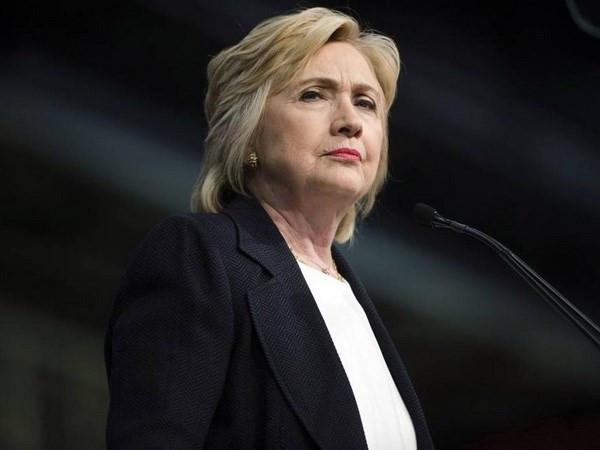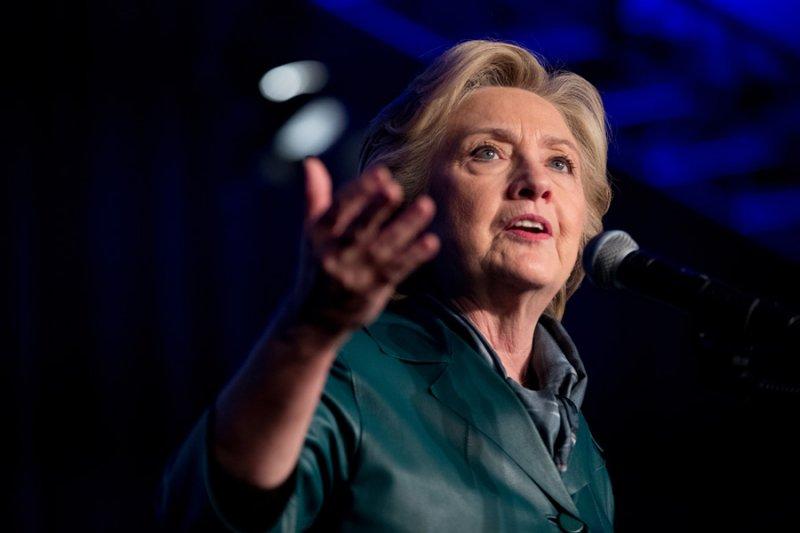The question of whether Hillary Clinton should be investigated for her ties to foreign donors, particularly through the Clinton Foundation, has been a contentious issue since her tenure as Secretary of State (2009–2013). The foundation, established by Bill Clinton in 1997, raised nearly $2 billion by 2015, with significant contributions from foreign governments, individuals, and entities. Critics, including Republican figures and conservative media, argue these donations created conflicts of interest, potentially influencing U.S. foreign policy. Supporters, including Clinton’s campaign, maintain there’s no evidence of wrongdoing, emphasizing the foundation’s humanitarian work. Here’s an analysis of the case for and against investigation.

The case for investigation centers on the appearance of impropriety. During Clinton’s time as Secretary of State, the foundation accepted millions from foreign governments like Saudi Arabia ($10–25 million), Qatar, and the UAE, as well as individuals with government ties, such as Ukrainian oligarch Victor Pinchuk ($1–5 million). A 2015 Washington Post report noted that foreign sources accounted for a third of donors giving over $1 million. Emails released via FOIA requests and WikiLeaks showed Clinton Foundation staff seeking State Department meetings for donors, like Crown Prince Salman of Bahrain, raising concerns about “pay-to-play.” A 2015 book, Clinton Cash, alleged that donations coincided with favorable State Department actions, such as the 2010 approval of Russia’s Rosatom acquiring Uranium One after related donors gave $2.35 million. Critics, including Sen. John Cornyn, called for a special prosecutor, citing potential violations of ethics agreements with the Obama administration, which required donor transparency and pre-approval for new foreign contributions. The lack of disclosure for some donations, like Algeria’s $500,000, fueled suspicions. Posts on X from 2019–2024, such as by @JudicialWatch, highlight ongoing conservative demands for probes into these ties, citing Clinton’s paid speeches in countries like Russia ($500,000 from a Kremlin-linked bank).
The case against investigation rests on the lack of concrete evidence. Multiple inquiries, including a two-year Trump-era Justice Department probe closed in 2021, found no wrongdoing. A 2016 New York Times editorial stated there was “no proof” donors received special favors. The Clinton campaign noted that of 1,700 meetings Clinton held as Secretary, only 85 involved foundation donors, many of whom were prominent figures like Melinda Gates. The Uranium One deal, often cited by critics, required approval from multiple agencies, not just the State Department, and fact-checkers like FactCheck.org found no evidence linking donations to the decision. Clinton wasn’t formally involved with the foundation during her tenure, and the ethics agreement allowed prior donors to continue giving. Supporters argue the foundation’s work—combating HIV/AIDS and empowering women—justifies its global funding. Legal experts also note that proving quid pro quo is notoriously difficult, and the Federal Election Campaign Act doesn’t bar foreign donations to nonprofits, only political campaigns.
Reasonable minds could argue for scrutiny given the appearance of conflicts, especially with high-stakes diplomacy. However, absent new evidence, further investigations risk being seen as politically motivated, given the lack of charges from prior probes. The debate reflects broader tensions over money in politics, but definitive proof of corruption remains elusive.






